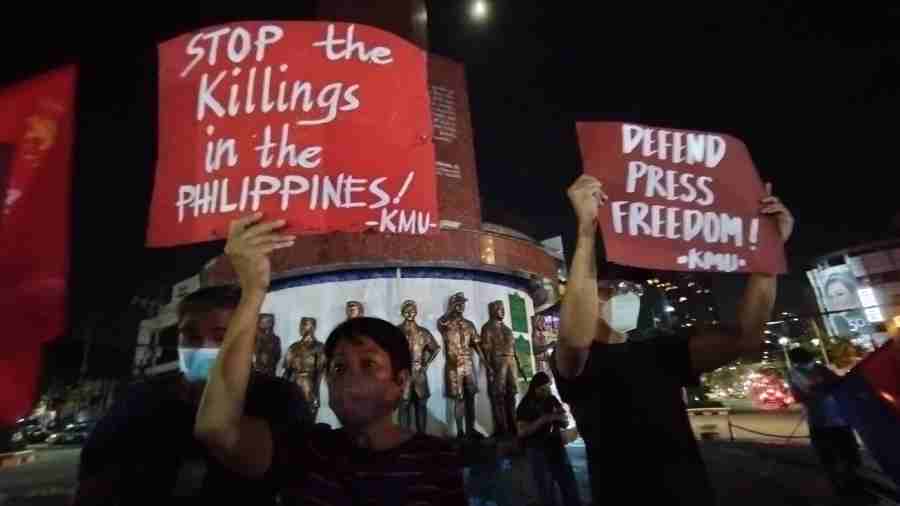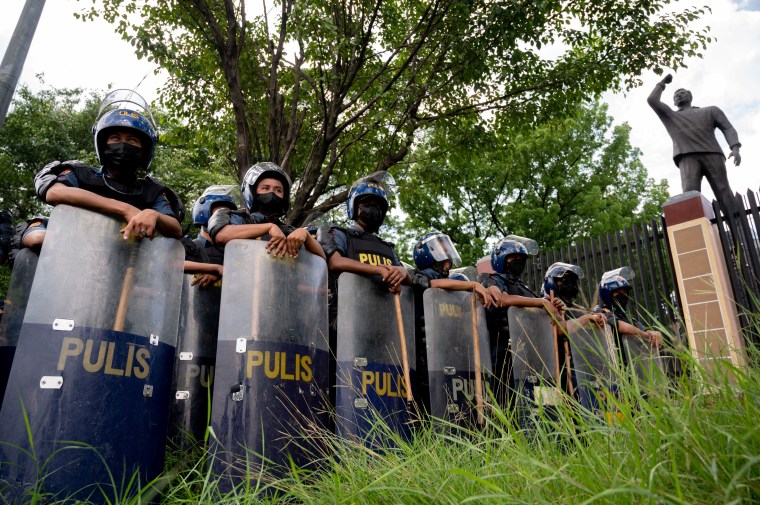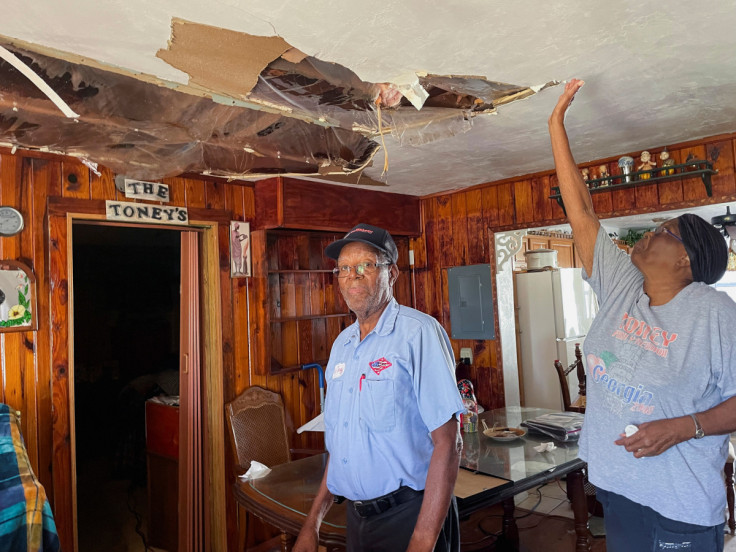
In August, the Office of Foreign Assets Control (OFAC) of the U.S. Department of the Treasury made it illegal for entities to trade cryptocurrency through a platform known as Tornado Cash. The U.S. government accused the platform of laundering more than US$7 billion in virtual currencies.
Tornado Cash is what is known as a ‘virtual currency mixer’ that operates on blockchain and facilitates anonymous transactions by obfuscating the parties’ origin, destination, and identities. Tornado processes and mixes a multiplicity of transactions before transmission. While Tornado’s purpose is to facilitate legitimate privacy—without such mixers, all cryptocurrencies’ transactions are trackable on the blockchain—these platforms form an ideal tool to launder illicit gains from heists, ransoms, drug transactions and more.
The saga has sparked contentious debate over political encroachment on privacy. Within the United States, Congressmen such as Republican Tom Emmer have called the sanctions unconstitutional, with the negative consequences of blunting open-source development and innovation in general. Internationally, protests broke out after the Dutch police arrested Tornado developer Alexey Pertsev on charges amounting to little more than his involvement in building a tool that had been used by others for wrongdoing.
While the unfolding of this drama between the United States and Europe has captured most of the attention, a little noticed, Hong Kong-based subplot offers an intriguing look into the future of such controversies playing out on the international stage. After the announcement of sanctions, virtually all major cryptocurrency entities voluntarily over-complied with OFAC—black-listing all digital wallets that had ever interacted with Tornado. The lone exception of note was a virtual coin issuer Tether, a subsidiary of a Hong Kong domiciled company.
Importantly, Tether has been at pains to emphasize that it is not seeking to actively countermand OFAC. The company’s statement claims that they “are in almost daily contact with key law enforcement officers” but have “not been contacted…with a request to freeze the addresses sanctioned by OFAC.” While we should be careful not to read into Tether’s refractory rhetoric, its pushback is nevertheless notable on the international stage.
Indeed, one of the key premises of cryptocurrencies transactions is their inherently international nature. All cryptocurrencies may be thought of as file formats for digital money in the same way that JPG, a digital image compression technology, makes it possible to share digital photos or PDF, a portable document format, to digital documents. Cryptocurrencies differ from other current e-payment systems in that it is the currency itself that is digitally rendered, not just the mode of transmission. And unlike other existing e-payment systems, which are heavily regulated by local laws, crypto-transactions can fly across international borders as frictionless as emailing files.
The chimera-like status of cryptocurrencies—they are both software programs and exchangeable currencies—has opened up a tangle of regulatory and political issues. While privacy is a core feature of this invention, yet outside of the porous network, such lofty ideal carries little weight. Notably, standard international regimes for governing data such as Europe’s stringent General Data Protection Regulation and other anti-money laundering and Know-Your-Customer protocols proceed from opposing premises: default privacy settings keep personal information safe from bad actors, while financial disclosure laws limit criminal exposure. Most major cryptocurrency exchanges today already force their users to comply with identity checks. To answer the clarion call for greater oversight, even traditional financial institutions only permit cryptocurrency investment through regulated fund managers. It is a state of play that stimulates the rise of workaround entities like Tornado, which sought to bring default privacy expectations under the auspices of blockchain technology. But they nevertheless brought a legal hammer down on themselves for doing so.
Moreover, the OFAC sanctions against a tool represented a notable departure from the past, when such sanctions would be aimed exclusively at criminal groups or nation states sponsoring them. Key to the workings not only of Tornado Cash but virtually every other major cryptocurrency application is “smart contract”—a simple open-source program that facilitates payment autonomously. But embedding smart contracts directly into the currency itself has catalyzed a florescence of platforms that capitalize on the possibilities of monetary exchange that is itself programmable and composable like software.
OFAC’s targeting of the developers of Tornado’s smart contracts is quite remarkable then. Censuring the creators of passive technological tools can be seen as crowding out innovation. A smart contract can be put to good or bad uses like any other technology. By stripping away privacy rights indiscriminately without due process, the OFAC sanctions have effectively knocked down the tentpoles that have been upholding this automated tool.
When used effectively, crypto mixers like Tornado Cash can open doors for convenient international transactions with better privacy in the age of hyper-surveillance. Legitimate use cases for crypto mixers include transactions that demand heightened secrecy to sidestep international conflicts. For example, Ethereum Russian co-founder Vitalik Buterin tweeted that he used the protocol to support pro-Ukrainian war efforts.
And this is where the importance of this inherently global backdrop begins to come into focus. While Hong Kong has long profited from its status as an innovation hub straddling the worlds of East and West, the United States and China have become increasingly willing to confront one another over the domains of technology. Controversies spanning TikTok and Huawei have caught up numerous other businesses in the crossfire—to choose just one example, local bank HSBC was mired in breakup talks which may have been catalyzed by its involvement with Huawei instigated by the Trump administration.
The quandary confronted by HSBC might just be a tip of an iceberg. The fact that in many ways cryptocurrency is created to avoid bureaucratic meddling only adds to the complication. One must ask how and in what way will Hong Kong-affiliated persons or entities dealing in decentralized currency respond to extraterritorial influence such as the United States. The quiet defiance of Tether then may represent the opening of the next chapter—a world in which the borderless promise of cryptocurrencies represents both a threat and opportunity for the established geopolitical order.
-- Contact us at english@hkej.com
Adam Au is a lawyer based in Hong Kong. Michael Maizels, PhD is the Head of Research at Abra
and an affiliate at the metaLAB.











